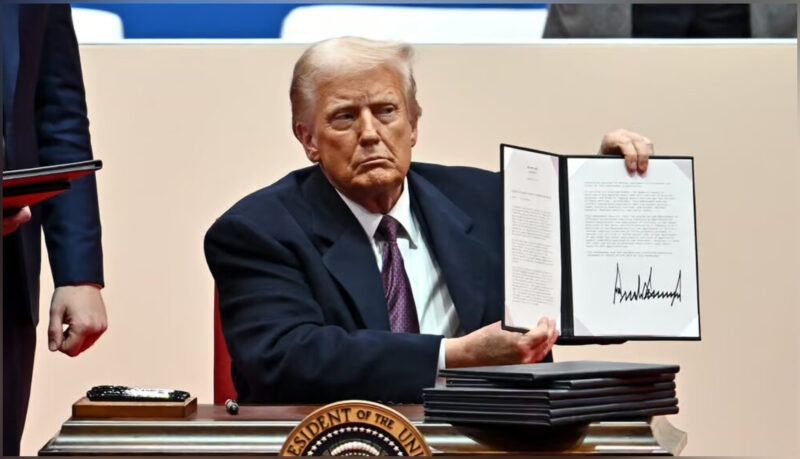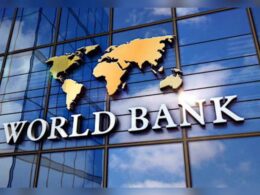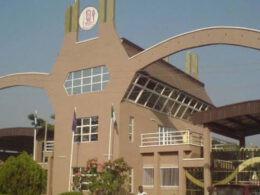Trump Administration Imposes 14% Tariff on Nigerian Exports in Major Trade Policy Shift
In a significant move to reshape international trade relations, U.S. President Donald Trump announced on Wednesday during a “Make America Wealthy Again” event held in the Rose Garden that exports from Nigeria to the United States will now incur a 14 percent tariff. This decision is part of a broader strategy aimed at addressing trade imbalances and what the administration perceives as unfair trade practices.
The introduction of this tariff marks a notable change in the trade dynamics between the U.S. and Nigeria, as the Trump administration pointed to an existing trade imbalance. Nigerian tariffs on U.S. exports currently stand at 27 percent, a disparity that U.S. officials argue has adversely affected American businesses and consumers for years.
In response to these high tariffs from Nigeria, the U.S. has implemented a new tariff to rectify what they view as an inequitable trade situation. Trump articulated this tariff as a cornerstone of a wider initiative to protect American industries and promote adherence to what he termed “fair” trade standards.
“This is a pivotal day in American history,” Trump stated. “We are determined to invigorate our domestic manufacturing sector. We will open foreign markets that have long been closed off to U.S. products, which will lead to increased domestic production, heightened competition, and ultimately lower prices for consumers.”
As part of this new trade policy, the 14 percent tariff on Nigerian exports is accompanied by a general 10 percent tariff on all imports to the United States, effective immediately. This policy impacts more than 50 countries across the globe, including key trading partners such as China, the European Union, India, and Japan, as well as developing nations in Asia, Africa, and Latin America.
Markets have reacted nervously to this radical alteration in global trade and economic policy, which has raised concerns about the potential onset of a global trade war. Alongside Nigeria, several other African countries will also experience increased tariffs under the new policy, with Algeria facing a 30 percent tariff, Lesotho 50 percent, Mauritius 40 percent, Kenya and Ghana each 10 percent, Namibia 21 percent, and Ethiopia also hit with a 10 percent tariff. South Africa will see a reciprocal tariff set at 30 percent.
The implications of this tariff and the larger trade policy could have far-reaching consequences for global economic relations in the months and years to come.










Join our Channel...